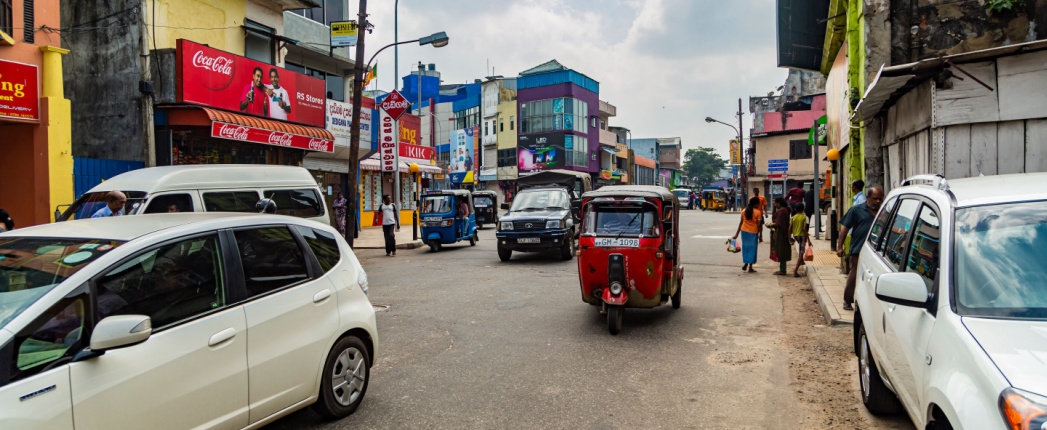
Sri Lanka’s cabinet of ministers approved last week a proposal to allow additional suppliers to enter the country’s lubricant market, local news organizations reported.
The country’s Ministry of Energy announced it will invite more businesses to apply for licenses, which are required to produce or to sell finished lubes in the island nation. Minister of Energy Kanchana Wijesekera stated that he will fully open the sector, but it was not clear whether that meant allotting a limited number of additional licenses or removing an existing cap.
Cabinet ministers said they were taking the action in hopes of increasing availability of high quality lubricants, to encourage innovation and in hopes that more competition will lead to lower prices.
Twenty-six companies are currently licensed to make or sell lubes in Sri Lanka. Chevron Lanka is the market leader, accounting for roughly half of sales, followed by Lanka IOC, a subsidiary of Indian Oil Corp. Ltd., and McLauren’s.
Sri Lanka’s government has in recent years gradually increased the number of licenses granted to lubricant suppliers. On occasions where the government has decided to issue more licenses, existing suppliers have complained that doing so will weaken existing players and lead to an increase in supply of low quality products.
State-owned Ceylon Petroleum Corp., among existing license holders, may find that its arguments are carrying less weight these days. A key supplier of fuels, it experienced a shortage of foreign currency during the nation’s financial crisis last year, impending its ability to import fuel and leading to shortages. It also supplies electricity and was at the heart of rationing last year and has racked up losses in recent years.